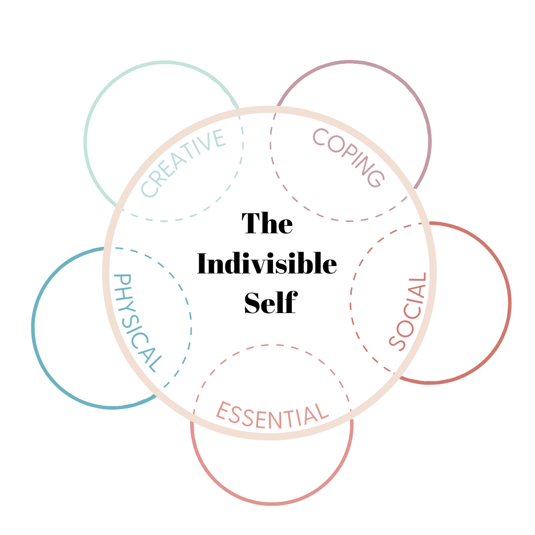Are You Always Tired? You Could Be Suffering from Emotional Exhaustion.
Are you doing your best to keep up your energy levels but finding life exhausting? Do you dread the alarm clock going off despite eating properly, exercising regularly and getting enough sleep? Constant tiredness can be a symptom of depression, which may need treatment, but if you don't have other symptoms then you could be suffering from emotional exhaustion.
People have always known that emotional states impact your mental wellbeing and produce physical effects. Ancient texts describe people being sick or faint with love, anxiety, or grief. Modern biology explains how hormones such as adrenaline affect the body and has shown that emotions and physical health are related. Recent studies in wellness suggest it's not only your hormones that are in play. Human beings are complex creatures and can't be understood in purely physical terms.

Emotional exhaustion has two causes: the physical response to emotional stress and a lack of holistic self-care. Your body responds to your emotional situation by burning energy. If you've ever come out of an exam or a stressful interview and felt incredibly tired - even though all you've done is sat down for a while - then you'll understand this:
The brain uses one-fifth of all the energy you expend in a day. Thinking your way through a normal day uses upwards of 400 calories, the same as running 3 miles in 30 minutes. If your brain is especially active, you'll use more energy than you might expect.
Stress produces the "fight or flight" adrenal response which increases your heart rate and prepares your muscles for action. This is the reason it's hard to sit still when you're angry or worried. Obviously, all these physical processes use up energy. So the first reason you may be feeling more tired is that you're simply using more energy than you realize. Although you're sleeping, exercising, and eating well, you're not allowing for the extra energy demands that emotional stress puts on your body.

The second aspect of being emotionally exhausted can be more problematic. You are not simply a physical machine going through the day expending energy. You are a whole person with different aspects - the social, emotional, or spiritual - which are as important as your physical body. Models of human wellness, such as the Myers and Sweeney Indivisible Self model, have coping or creative aspects of the self ranked as important as physical health. Each of these areas of your life needs nurturing and attention or the result is emotional exhaustion.
In the Myers and Sweeney model, you must take care of each aspect of your Indivisible Self.
This means, for instance, that you need to take care of your Creative Self by having time and space to think, acknowledging and expressing emotions, dealing with situations by the positive use of humor, having some kind of productive work, and a sense of control over your own life. Basic parts of your identity, such as gender, culture, and having a spiritual (not necessarily religious) aspect to your life, nurture and sustain the Essential aspects of the Self.
The Indivisible Self is a useful model for understanding how emotional exhaustion can occur. As the name implies, parts of a whole human being can't be treated in isolation. If you take care of your physical body but neglect your Social Self, you will become unwell. If you have an excellent balanced diet, go to the gym five times a week, and sleep eight hours a night but have no friends or social contact, you can feel as run down and exhausted as if you'd eaten only junk food and hardly slept a wink.

Some professions are more susceptible than others to emotional exhaustion. Professional counselors experience "empathy fatigue" arising from the emotionally exhausting effects of listening to painful experiences. Call center staff have been found to suffer emotional exhaustion when the demands of their job combined with too much negative social interaction. Equally, anyone who is going through difficult times such as a relationship breakup or a move to a new place may find themselves unexpectedly tired all the time.
If you think you might be suffering from emotional exhaustion, you need to address the problem. Taking care of your physical health is important but it's not enough. You also need to have a sense of purpose and self-control, a clear identity, friends, leisure time, and the ability to love yourself and be loved by others. When you are taking care of all parts of your Indivisible Self you can recover from emotional exhaustion and become whole and well again.
Resources
-
Swaminathan, Nikhil. “Why Does the Brain Need So Much Power?” Scientific American, Scientific American, 29 Apr. 2008, www.scientificamerican.com/article/why-does-the-brain-need-s/.
-
Myers, J. E., Luecht, R., & Sweeney, T.J. (2004). The factor structure of wellness: Reexamining theoretical and empirical models underlying the Wellness Evaluation of Lifestyle (WEL) and the Five-Factor Wel







